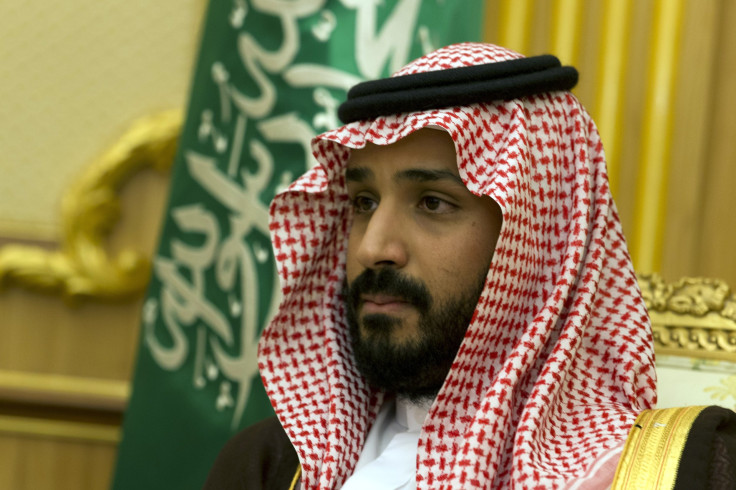Saudi Arabia Might List Its State-Owned Oil Giant Saudi Aramco Amid Oil Price Collapse

UPDATE: 6:50 a.m. EST — Saudi Aramco has confirmed it is "studying various options to allow broad public participation in its equity" through listing in capital markets. The state-owned oil company issued a statement Friday, saying findings of the study to list "an appropriate percentage" of the company's shares or a bundle of its downstream subsidiaries will presented to the company's board of directors, who in turn wil make recommendations to the Saudi Aramco Supreme Council.
Original story:
Saudi Arabia is considering taking its state-owned oil giant public. The potential listing of Saudi Aramco, the world’s biggest oil producer, arrives as the kingdom is struggling under the pressure of oil prices below $35 a barrel, the Economist reported.
“Personally I’m enthusiastic about this step,” Muhammad bin Salman, the kingdom’s deputy crown prince and defense minister, told the newspaper in an interview this week. “I believe it is in the interest of the Saudi market, and it is in the interest of Aramco.”
Saudi Aramco produces all of Saudi Arabia’s crude oil, which reached 10.25 million barrels a day in December. With hydrocarbon reserves of 261 billion barrels, the state oil giant holds more than 10 times more oil and gas reserves than ExxonMobil Corp., the largest private oil company.
The kingdom plans to decide within the “next few months” whether to float shares of Saudi Aramco, Prince Muhammad told the Economist. Officials said the oil company is worth “trillions of dollars.” But Saudi Aramco is one of the world’s most secretive oil companies and withholds all information on revenues.
Still, it’s apparent Saudi Arabia and other oil-producing nations are feeling the pain from falling crude export revenues.
The Saudi government — which gets 80 percent of its budget revenues from the petroleum sector — last year posted a record budget deficit of nearly 367 billion Saudi riyals ($98 billion), or 15 percent of its gross domestic product. Officials said the kingdom plans to spend 840 billion riyals in 2016, down about 14 percent from the 975 billion riyals it expected to spend in 2015.
Oil prices have dropped by about two-thirds from their peak in 2014 above $100 a barrel amid a surplus in supply and fears that demand growth is slowing in China. Global crude supplies now outstrip demand by more than 2 million barrels per day, equal to more than 2 percent of the world’s oil demand, according to OPEC data.
Brent crude, the global benchmark, sunk to its lowest level since April 2004 before gaining slightly to $34.05 Thursday afternoon.
Saudi Arabia and some other members of OPEC have refused to cut their production, opting to endure the lower prices instead of ceding more market share to U.S. producers. Shale drilling in North Dakota and Texas has helped to nearly double U.S. crude production over the last six years, adding continuous pressure on global markets.
The Saudi government says it still has around more than $700 billion in foreign reserves — enough to survive at least a few more years of lower oil prices, analysts say.
Prince Muhammad has held two high-level meetings so far on the possibility of floating Saudi Aramco shares, the Economist reported. Officials told the newspaper they’re considering anything from listing some of the company’s petrochemical and “downstream firms” to selling shares in the parent company, which includes the core crude-production business.
The company could first float part of the company in Riyadh, perhaps 5 percent, the Economist said. That percentage could gradually rise over time, although the kingdom would still maintain control over the company.
© Copyright IBTimes 2024. All rights reserved.





















